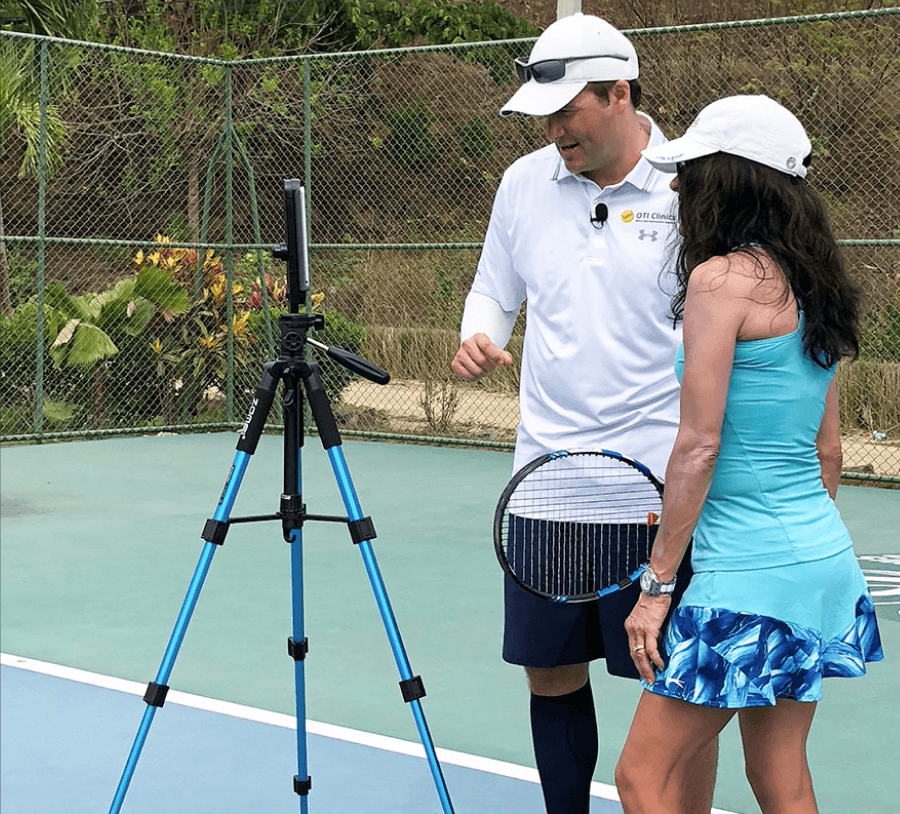French sprinter to wear cap during Olympic opening ceremony, hijab dispute is resolved
French sprinter Sounkamba Sylla will be allowed to participate in the opening ceremony at the Paris Olympics wearing a cap to cover her hair, an agreement reached with the French Olympic Committee after Sylla said she was barred because of her hijab.
Fears that the “Dronegate” cheating scandal might derail the Canadian women’s team’s defence of its gold medal were somewhat quelled, without being entirely put to rest, on Thursday in its opening match of the Paris Olympics.
Canada put forth a professional performance in earning a 2-1 comeback victory over New Zealand in Group A action on Thursday at Saint Étienne’s Stade Geoffroy-Guichard courtesy of goals from Cloé Lacasse and substitute Evelyne Viens.
But the fact the Canadians had to come from behind in the first place after a laboured start against such a modest opponent raises questions about whether or not they’ll be able to kick it into high gear from here on out. Host nation and European heavyweight France, and Colombia, an exciting team and a rising power in the women’s game, lie ahead and will surely test the Canadians in ways that New Zealand didn’t come close to doing.
Let’s not make too much about this victory, seeing as it came against a side that Canada has now defeated 11 times in 16 meetings (its only loss came in their first encounter, in 1987) and has outscored 13-2 in its last five contests, all of them wins.
Canada is No. 8 in the FIFA world rankings, 20 spots above New Zealand, which won its first World Cup game last summer on home soil in its sixth tournament appearance. Quite why two members of the Canadian coaching staff, who have since been sent home, felt compelled to fly a drone over New Zealand’s practices in order to gather intel on such a team remains a great mystery. The Football Ferns are a side that Canada should be beating, so any genuine kudos for coach Bev Priestman’s squad for a well-earned victory will have to wait to be doled out until we see how it fares against the French and the Colombians.
There was a lot to like about Canada’s display against New Zealand in its tournament opener. Captain Jessie Fleming competently orchestrated the Canadian attack from the heart of midfield, pulling the strings with her trademark pinpoint distribution and composed play while in possession.
Centre back Jade Rose, still only 21 and having yet to turn professional (she plays NCAA soccer for Harvard), was a tower of strength playing alongside veterans Kadeisha Buchanan (who earned her 150th cap) and Vanessa Gilles. Wingbacks Gabrielle Carle and Ashley Lawerence stretched New Zealand’s defence with their probing runs down the flanks. And Viens, midfielder Simi Awujo and forward Janine Beckie came off the bench in the second half to give Canada’s somewhat stagnant attack a boost.
Both of Canada’s goals were well taken. It was Fleming’s gorgeous raking ball from deep inside her half that found Viens down the right side and she hit a confident one-time shot that blew past goalkeeper Anna Leat at the far post in the 79th minute that stood up as the winner.
Just before halftime, an exquisite tic-tac-toe passing sequence involving Lawrence, Fleming and Nichele Prince ended with Lacasse scoring the equalizer when she buried her shot into the roof of the net from close range while draped by a New Zealand defender. Prince’s deft flick inside the box was the decisive touch in setting up Lacasse’s fifth goal in 37 international appearances. It was a well-crafted team goal that would’ve drawn the envy of reigning World Cup champion Spain, known for its tiki-taka brand of soccer.
Those quality attacking sequences were few and far between for a Canadian team that outshot New Zealand 15-4, but only managed to put six of its attempts on target. For all of its possession (60 per cent) and dictating the pace of the match, Canada struggled to break down New Zealand’s deep defensive block due to a lack of creativity and imagination in the final third of the pitch.
Prince, Lawrence, Gilles, forward Adriana Leon, and midfielder Quinn all had good looks on goal but either couldn’t beat Leat or misfired. Canada’s wastefulness in front of goal has been a longstanding issue. The lack of ruthlessness went unpunished by New Zealand. The Canadians won’t be so lucky against France and Colombia should they fail to convert their scoring chances.
The manner in which the gold medal holders went down in the game should also raise some eyebrows over their ability to stay engaged. Noted for its defensive prowess, Canada was carved open far too easily by New Zealand in the 13th minute with a goal that no doubt made Priestman, who watched the game in a self-imposed exile back in the team hotel, pull her hair out in frustration.
Katie Kitching’s corner kick found a wide-open Mackenzie Barry and the New Zealand defender took a touch before turning and firing a shot while between two Canadian players that hit the crossbar and nestled into the back of the net. That Barry had that much room to receive the ball, cushion it and then create even more space for herself as she swivelled and beat goalkeeper Kailen Sheridan was a stunning indictment of Canada’s lax defending on the play.
Defending against set pieces was only part of the problem. Scoring off them also proved to be an issue. None of Canada’s six corner kicks particularly troubled their opponents, and the three free kicks it floated into the box in the first half were easily handled by the New Zealand goalkeeper.
The lack of variation in Canada’s attack – always trying to score from close range – is something the team needs to work on. Beckie’s long-range attempt after she was subbed on produced a solid save from Leat. Canada insistence on trying to walk the ball into the back of the net, rather than mixing in some shots from outside the box, was just one reason why its attack found little joy.
All of which is not to paint too grim of a picture for Canada as it moves forward in its attempt to reach the medal podium for a fourth consecutive time. Les Rouges lost to Japan in their opening game of the 2012 London Olympics and ended up winning the first of two bronze medals. They overcame a draw against the Japanese in their tournament opener in Tokyo to win the gold medal. So, all is not lost, and it would be silly to write off a team that has proven it can overcome adversity on the Olympic stage.
Still, the win over New Zealand should serve as warning to Canada that it has to find another level if it harbours serious aspirations of repeating as Olympic champions.
John Molinaro is one of the leading soccer journalists in Canada, having covered the game for over 20 years for several media outlets, including Sportsnet, CBC Sports and Sun Media. He is currently the editor-in-chief of TFC Republic, a website dedicated to in-depth coverage of Toronto FC and Canadian soccer. TFC Republic can be found here.
Recommended Story For You :

FINALLY DUNK LIKE A TOTAL BADASS...

7 quick and easy things to INSTANTLY IMPROVE YOUR BALL STRIKING.

AVOID A SCAM BY ORDERING A HIN LOOKUP

Get Vehicle History You Can Trust

The ONLY Swing Designed Specifically For Senior Golfers

An URGENT Message For Golfers Who Want More Distance

Premium Quality Laser Rangefinder

You'll NEVER get to the top of your game on your own

Why The OTI Method Is So Effective

